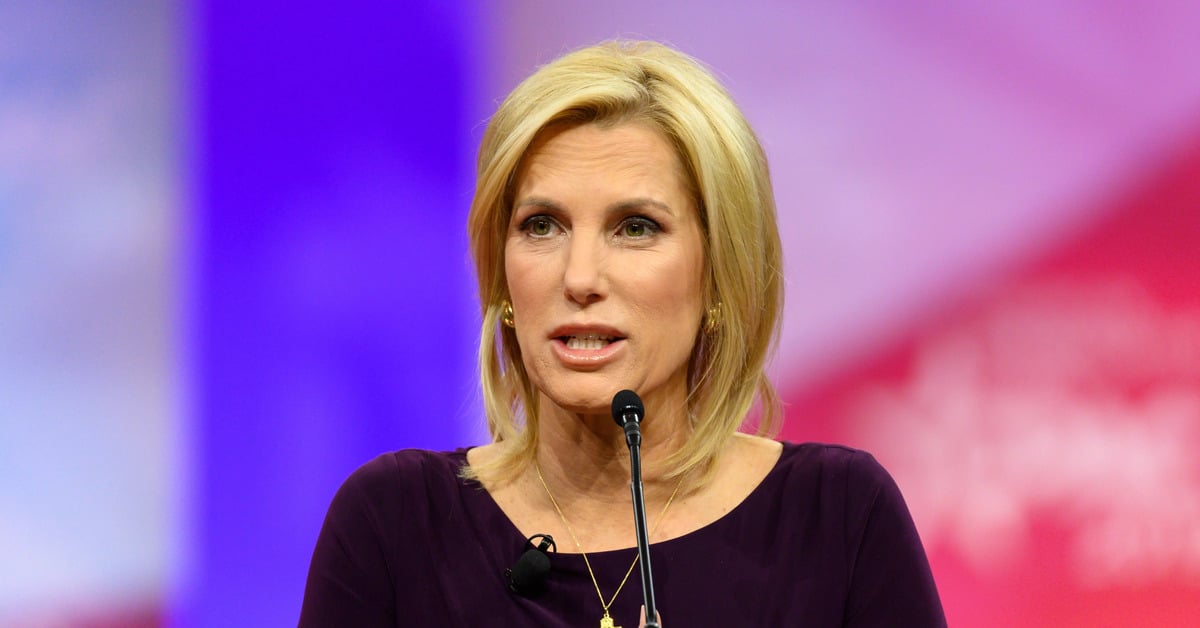

their East Coast, middle class upbringings and affinity for pop culture), Eichner says he and Drudge’s “politics could not be further apart” and that Drudge has aligned himself with people he finds “so despicable.” Indeed, Drudge was an early supporter of Donald Trump’s. even though no one was saying that.”ĭespite many similarities (e.g. In classic Drudge style, the headline was something like, ‘Drudge Steals the Show’. “The Drudge Report posted a picture of me as Matt Drudge on Drudge Report as one of the main stories. “I don’t know if he’s seen it, but one of the most surreal and perfect moments of this whole experience was last week,” Eichner recently told The Daily Beast of his role, adding that his “gut feeling” is that Drudge will get “a kick out of” the show. “At the last minute, at 6pm on Saturday evening, Newsweek magazine killed a story that was destined to shake official Washington to its foundation: A White House intern carried on a sexual affair with the President of the United States!” the Janustory began before going into details of the illicit relationship.ĭrudge’s role in the scandal, which ultimately contributed to Clinton’s impeachment later that year, is revisited in FX’s Impeachment: American Crime Story, where actor and comedian Billy Eichner plays the conservative reporter. Newsweek refused to print it, deeming the subject matter too salacious.

True to the aggregative spirit that has since inundated media, he didn’t break the story himself but rather revealed that Newsweek reporter Michael Isikoff had been working on the story.

In January 1998, Drudge had his star-making moment: he became the first journalist to publicly expose Bill Clinton and Monica Lewinsky’s affair. Eventually, he expanded to cover media, entertainment, and political gossip, transitioning to a bona fide website that used flashy (often all-capitalized) tabloid headlines as his audience grew. Operating out of his Hollywood apartment with only a dial-up internet connection, the then-manager of a CBS Studios gift shop crafted email blasts including musings on topics ranging from natural disasters to celebrities. In 1995, Matt Drudge launched the newsletter that effectively invented clickbait.


 0 kommentar(er)
0 kommentar(er)
